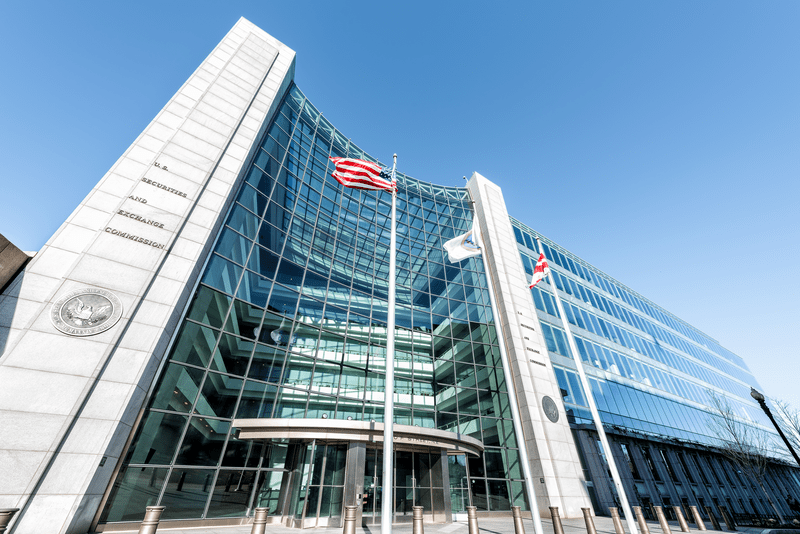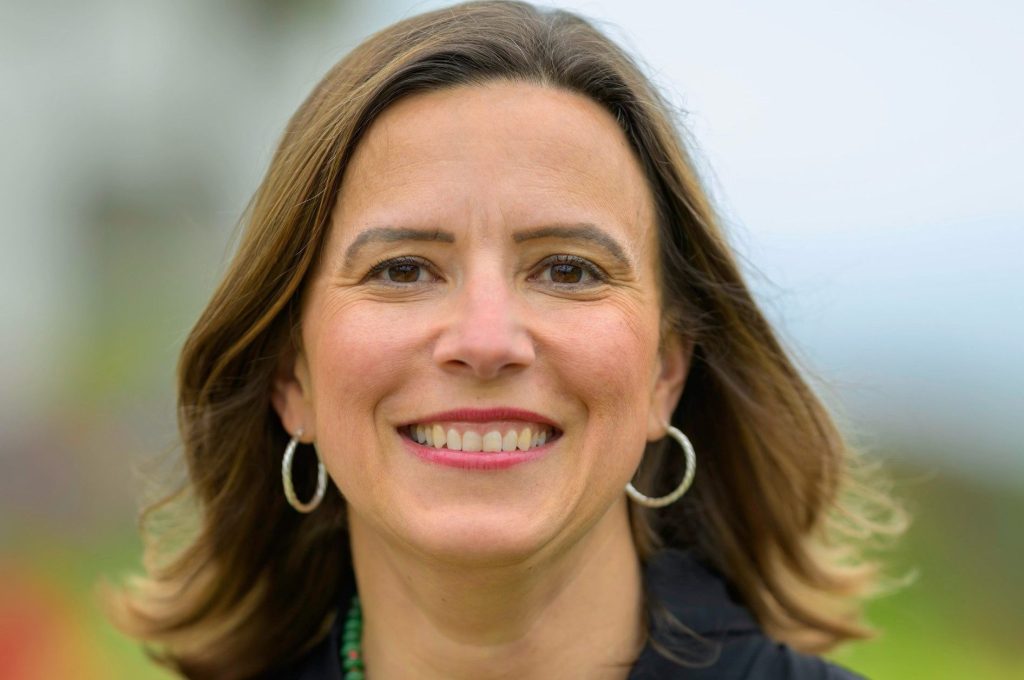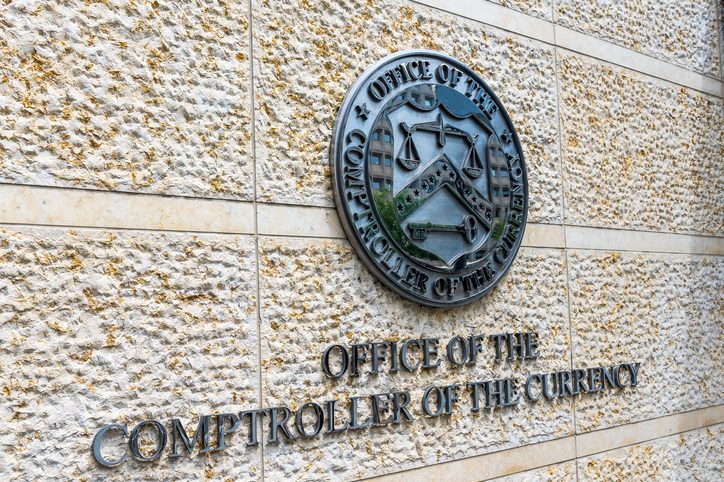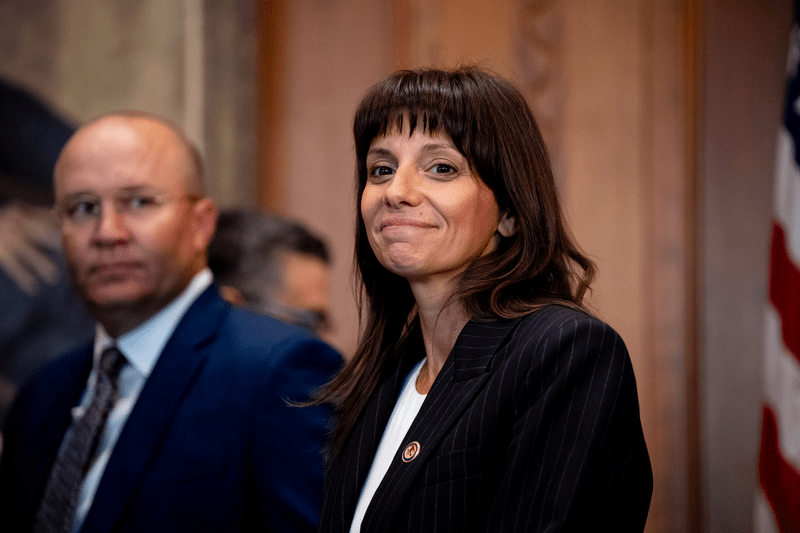Encouraging individuals to speak out, and incentivizing corporations to improve compliance were the objectives emphasized by Principal Deputy Assistant Attorney General Nicole Argentieri at a recent NYU Law event.
In an appearance at NYU School of Law’s Program on Corporate Compliance and Enforcement, Argentieri talked about the Department of Justice’s (DOJ’s) two whistleblower programs and its corporate voluntary self-disclosure policy.
She said the three are mutually reinforcing. “Through these policies, we are encouraging both companies and individuals to come forward with information about wrongdoing, increasing the incentives for corporations to improve compliance and internal reporting systems, and ensuring that we get the information we need to hold criminal actors accountable,” she said.
Mutually reinforcing DOJ programs
Under the DOJ’s Pilot Program on Voluntary Self-Disclosures for Individuals, individuals with criminal exposure who come forward and report misconduct will receive a non-prosecution agreement if they meet certain criteria. The program is in a pilot phase for three years.
The more recently announced whistleblower program is the Corporate Whistleblower Award Pilot Program. In it, individuals who know about and come forward to report corporate crime that results in forfeiture can get paid a portion of the recovery from the case, as long as they didn’t play a meaningful role in the misconduct.
“The more employees who both understand how to internally report potential misconduct and feel comfortable doing so, the stronger the compliance program will be.”
Nicole Argentieri, Deputy AG, DOJ
And the Corporate Voluntary Self-Disclosure Policy enables the DOJ to reward companies that do the right thing by making voluntary self-disclosures of misconduct and cooperating with the agency’s investigations.
Argentieri focused on the more recent corporate whistleblower program to explain which types of corporate crimes it covers. This was helpful since other agencies such as the SEC, IRS and CFTC have their own programs that cover a broad spectrum of financial criminal activity.
Corporate Voluntary Self-Disclosure Policy
She said the DOJ’s new program covers the following areas of corporate crime:
- Foreign corruption. Some foreign corruption cases are covered by the SEC’s whistleblower program, but many of the foreign corruption cases prosecuted are not because the companies involved did not issue securities in the US.
- Crimes involving financial institutions. Again, the DOJ seeks to reach the companies misbehaving that are not US-registered businesses – yet do business here.
- Domestic bribery. This could include a company, acting through its employees or agents, bribing a US government official to win a contract.
Misconduct by the reporting individual
A rather opaquely worded portion of the whistleblower pilot program aimed at individuals sets out whether someone who participated to a certain extent in the alleged misconduct being reported can receive a monetary award. But Argentieri did not really add clarity to this aspect of the program.
She noted that the corporate whistleblower program prohibits payments to any whistleblower who meaningfully participated in the criminal activity they report. In short, individuals are eligible for awards if they are no more than “minimal participants” in criminal activity – defined in the US Sentencing Guidelines as individuals who are “plainly among the least culpable of those involved in the conduct of a group.”
“We have a separate program to encourage individuals who played a meaningful role in criminal conduct to come forward. Under our Pilot Program on Voluntary Self-Disclosures for Individuals, which we announced earlier this year, we provide a clear and transparent path to a non-prosecution agreement for culpable individuals who come forward to report misconduct and cooperate,” she said.
Incentivizing reporting
Argentieri then talked about what whistleblower programs mean for both companies and individuals in terms of incentivizing them to do more reporting of misconduct.
She emphasized the DOJ wants individuals to report to it about misconduct – but to also use internal company reporting procedures. “Making an internal report before coming forward to the [Criminal Department] is a factor that will increase the amount of a whistleblower award,” she reminded the audience.
The nexus of whistleblowing incentives to the DOJ’s corporate enforcement policy is clear here: “We are also incentivizing companies to invest in strong internal reporting structures and to report crime when they learn about it,” she said.
In other words, you heard about it from that employee – and investigated it – now tell us.
“If the company comes forward and reports the misconduct to DOJ within 120 days, and before the department reaches out to the company, the company will be eligible for the greatest benefit under our policy – a presumption of a declination – as long as they fully cooperate and remediate and pay any applicable victim compensation or forfeiture.
“A strong culture of internal reporting will pay dividends for compliance programs – the more employees who both understand how to internally report potential misconduct and feel comfortable doing so, the stronger the compliance program will be. And that is why we changed our policy to make sure companies can still benefit from voluntary self-disclosures even after an employee comes forward to the department under our whistleblower program,” Argentieri said.
New DOJ program attracts tips
The new pilot whistleblower program has so far received reports from more than 100 tipsters since it was launched last month, a senior department official said.
In anticipation of the types of tips it would receive under the pilot program, the DOJ has brought on board prosecutors from the criminal division’s public integrity and fraud sections as well as its money-laundering and asset-recovery unit, which manages the program.
The team vet the tips they receive and then identify an appropriate venue for the information, such as a specific US attorney’s office, to help work on the case, Brent Wible, chief counselor in DOJ’s criminal division, explained in remarks at the same NYU Law event.












